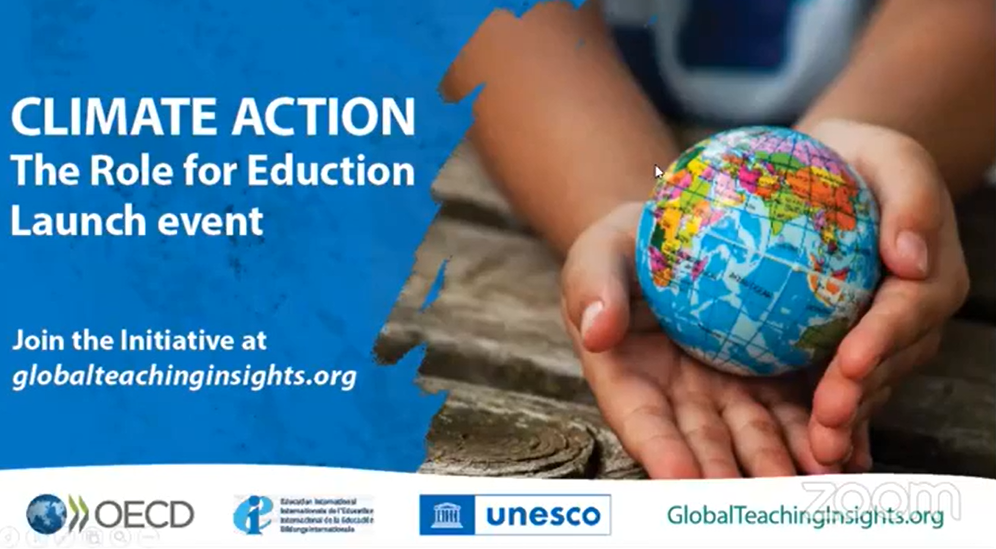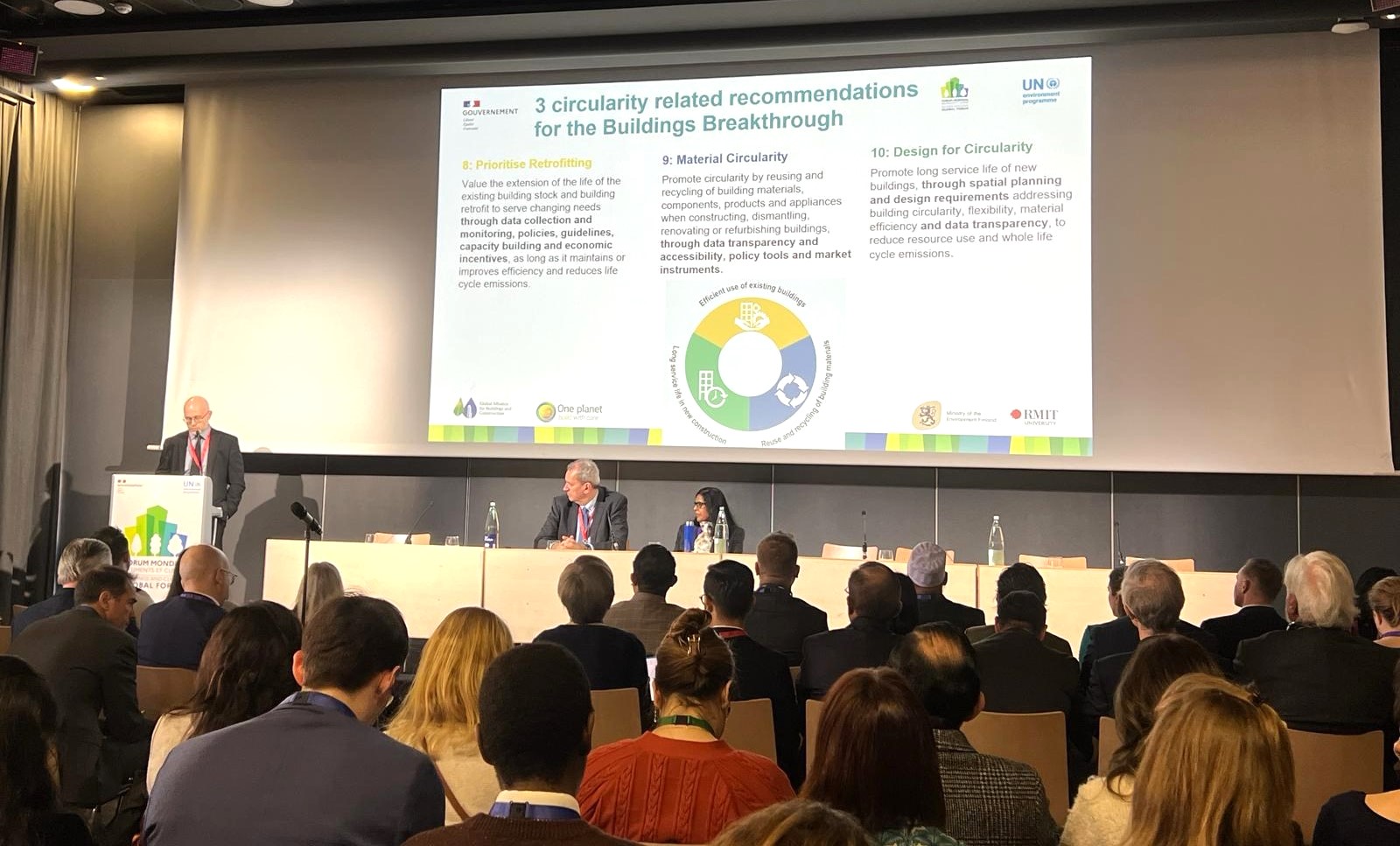Skills development and climate change action plans: enhancing TVET's contribution
technical
The aim of this publication is to distil relevant information that are useful for decision-makers and vocational training providers about issues of skills supply and demand in climate change priority sectors.
TVET stands for Technical and vocational education and training. The analysis made through this paper has generated a set of approaches for climate change adaption, through the education and training lens. These approaches can be used to advance the discussion in strengthening the technical and vocational skills development component in country climate adaptation plans.
The study is relevant to the sustainable development objective number 12 "Sustainable production and consumption" since, being a document of analysis of climate action plans of different countries from different regions of the world. Each factor that these plans include is being analyzed and, in several of these, the concept of "consumption" is presented, so the study also analyzed how countries are addressing the issue and implementing policies to deal with it in a context of climate change. You can read specific examples below:
China, capacity-building, education and awareness:
The ‘National Plan for Response to Climate Change (2014–2020)’ establishes the incorporation of climate change education into the national education system, in order to bring knowledge of climate change response into schools and have it widely disseminated in classrooms. In addition, enhancing the education of all citizens regarding low-carbon lifestyles, transportation and consumption, as well as the energy efficiency of products, is part of strengthening the systems that address climate change.
Sweden, capacity-building, education and awareness:
In Sweden, preschools, schools and adult education institutes have a clear remit to understand the requirements for sustainable development formulated in the Education Act, curricula and syllabuses. In-depth teaching on climate issues is common at the upper secondary level. Teaching manuals adapted for compulsory schooling and a wide variety of films and other teaching materials on climate issues and climate-friendly consumption, energy and transport are produced by government agencies and non-government actors. The permanent exhibition ‘Mission: Climate Earth’ has been up and running since 2005.
Ukraine, engagement in Technical and vocational education and training (TVET):
The country is in the process of learning about production technologies that reduce energy consumption and the skills to apply them in practice. The acquisition of this knowledge will require updating courses at the level of vocational, higher and postgraduate education.
Lebanon, capacity-building, education and awareness:
The Lebanese Cleaner Production Center provides assistance to SMEs in adopting cleaner production measures and sustainable industrial production modes that will reduce the consumption of water, energy and other inputs, and decrease pollutant emissions, effluent loads and waste.
External source(s)




